Monthly Baby Expenses
This post may contain affiliate links, which means I’ll receive a commission if you purchase through my links, at no extra cost to you. Please read full disclosure for more information.
Last updated on December 16th, 2025 at 03:40 pm
One of the things you’ll want to do once you’re pregnant is figure out how to create a new budget. Your budget will look very different once you factor in your new bundle of joy. As you probably know, babies are expensive! So, I wanted to go into what your monthly baby expenses will be to help you prepare. Not all of these expenses will apply to you. Everyone’s situation is different. But here are some typical things you might need to add to your budget for your baby’s first year.
Healthcare and doctor visits
This is a big one, and it’s one that people don’t think about too often. First of all, when you add a new child to your healthcare plan, your monthly premium could go up. Make sure you know what that increase will be and factor it into your monthly financial plan. Second, even if your baby is perfectly healthy, you’ll be seeing the doctor frequently for a while. Plan for co-pays and any potential tests your baby might have.
Childcare
This is probably going to be the biggest monthly baby expense unless you or your spouse is planning on staying home with the baby. Childcare costs vary widely depending on where you live, what kind of childcare you’re looking for, and how often you need it. Full-time childcare can go up to the thousands, especially in a big city, so be sure to research your specific area. That being said, there might be local or federal programs that can help you, depending on your situation. If you’re planning on staying home, make sure you have a set budget and know how you’re going to afford it.
Formula
Obviously, if you’re breastfeeding, this probably won’t apply to you. The only real ongoing baby expense you’ll have is nipple care. However, if you cannot or you choose not to breastfeed, then you’ll need formula. This cost will vary widely based on the brand you choose and whether or not you go for powder or ready-made.
Powder is less expensive, but you might need to buy special water jugs to make bottles with, depending on where you live. Yes, there are brands of water made just for making bottles so that your baby is getting the right amount of fluoride. Often, tap water has too much fluoride, and sterilized water doesn’t have enough.
Ready-made formula is more expensive but can be a serious time saver. In general, you can expect to spend about $150-350 per month, depending on what you go with. Again, there may be local or federal programs that can help you cover this monthly baby cost.
Diapers
If you’re using disposable diapers, this can be a significant monthly baby expense. Babies can go through 8-10 diapers per day. Typically, a box of diapers that will last you a month goes for $60-80. It all depends on how picky you are with your diapers. Just don’t go too cheap because the last thing you want is a diaper that’s not going to hold. Personally, I use Pampers.
Diaper cleaning service
If you’re using cloth diapers, you might opt for getting them professionally cleaned. This way, you don’t need to do the dirty work yourself. That being said, this can get a little pricey. You can expect to spend roughly $20 per week to have your cloth diapers cleaned. From the research I did, your price can fluctuate based on what type of cloth diapers you use and how often you use the service. If you’ve got the equipment, you can always wash them yourself!
Wipes
Wipes go along with diapers. You’ll go through a lot of wipes, especially if your little one is prone to blowouts. Price depends on how much you want to buy in bulk, but you can probably plan on $30-40 per month.
Clothes
For a while, you might not need to buy clothes. People absolutely love buying clothes for babies, so you might have a lot in the beginning. As your baby gets bigger, odds are you’ll need to divert some monthly funds towards clothing. Personally, I wait for big sales and buy a lot of clothes ahead.
Just be careful with that and keep in mind how fast your child is growing. You don’t want to buy clothes for warm weather for 12 months, and it turns out they’re in 12-month clothes before winter is over. In general, you can plan for about $50 per month on clothes. If you live in a colder climate, you should also prepare for bigger expenses like snowsuits, which can run from $50-100 on their own.
Age-appropriate toys and books
Your baby is going to change so quickly, and they’ll want to explore new and different things. Their interests are also going to change as they get bigger. So, it’s important to have some age-appropriate toys and books around. You may be spending $30 per month on new things to engage your baby with. However, if you feel like splurging, there are subscription boxes that are much more expensive, like Lovery.
Food (once baby starts solids)
Once your baby hits six months or so, you can add food to your monthly baby expenses. It shouldn’t be too expensive at first, probably around $30-50 a month. This is even more true if you have the time, energy, and inclination to make your own baby food. I would cook five big sweet potatoes, freeze them in a baby food freezer tray, and he would have dinner for two weeks or so. If you’re buying pre-made food (which is absolutely fine), you might end up paying more.
Preparing for those monthly baby expenses
The more you can take advantage of your baby registry, the better. We put diapers and wipes on our baby registry, and it made everything so much easier. He’s seven months old, and I have yet to have to purchase wipes. It’s been amazing.
Basically, you want to make sure your baby registry is as economical as possible. That doesn’t mean you can’t ask people to splurge on a few big-ticket items. But in general, you want to make sure your baby registry only has what you need. That way, you’re more likely to end up with monthly items like diapers and wipes, and you don’t have to find room for things you don’t need.
Every baby is different, so you may end up with other monthly expenses, like medication. This may seem like a lot but don’t forget that there is often help out there and economical solutions to different problems. The most important thing is to plan as much as you possibly can so that when unexpected things pop up (and they will), you’re at least as ready as you can be.
Did you find this information helpful? Comment below and let me know!
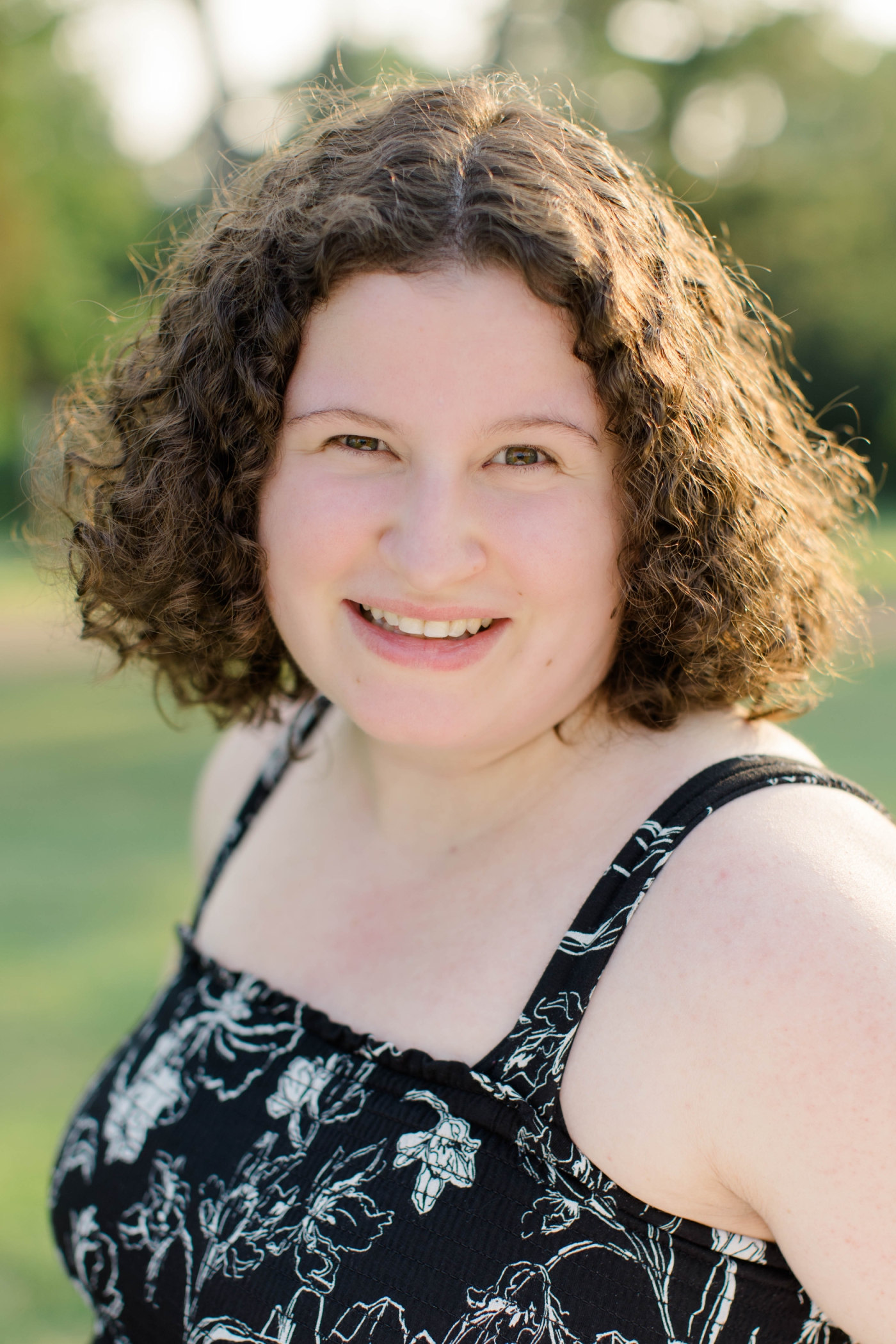
Erin Lafond is a writer, creator, and mom of three. She survived new motherhood by Googling things, calling her mother a lot, and embracing trial and error. She loves helping moms survive and thrive in motherhood through practical advice.
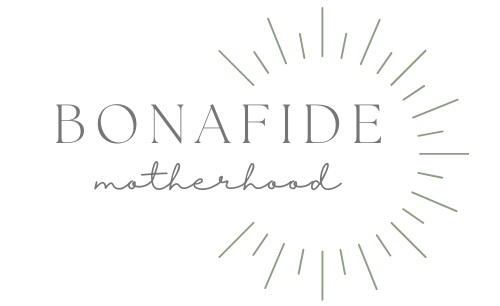



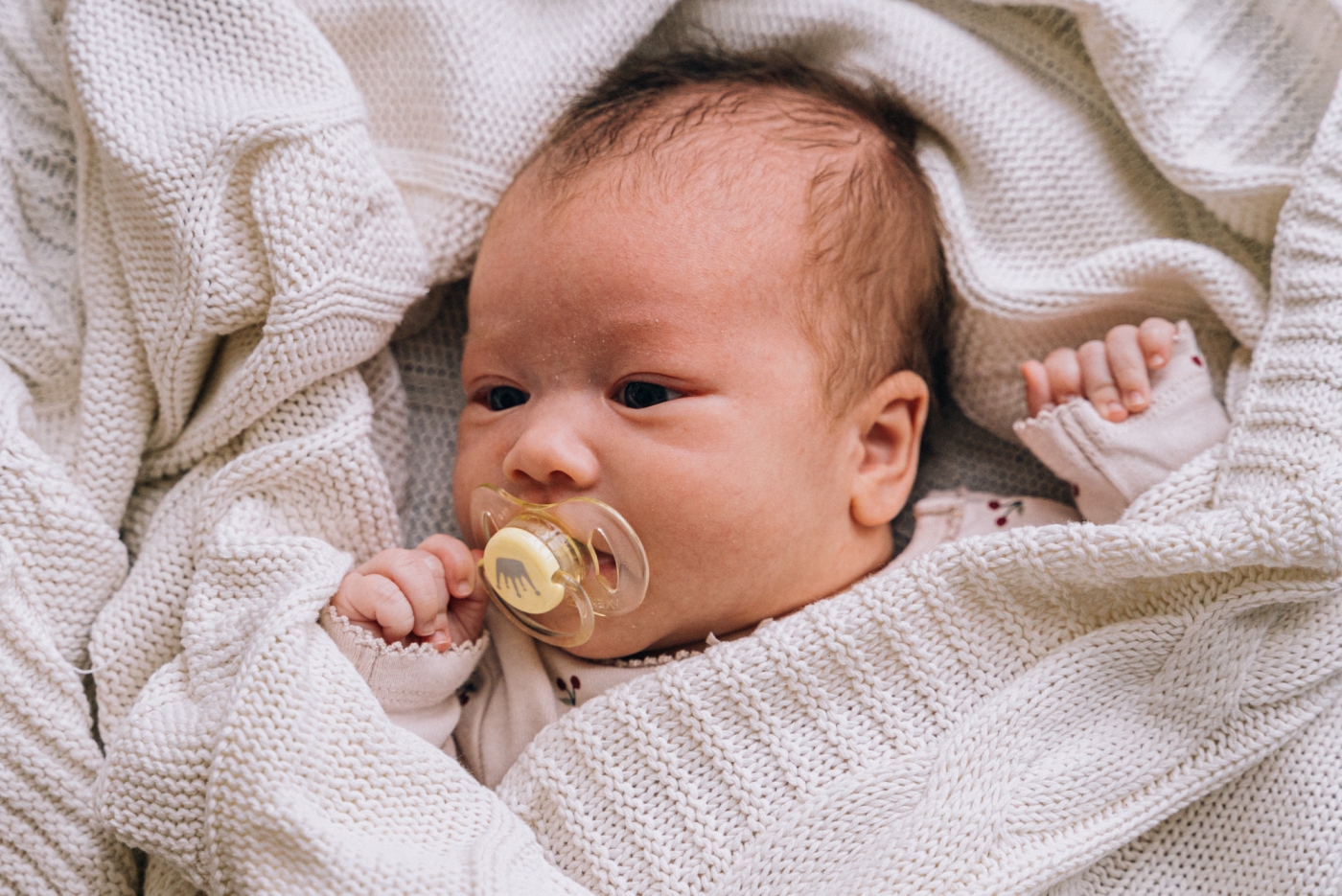
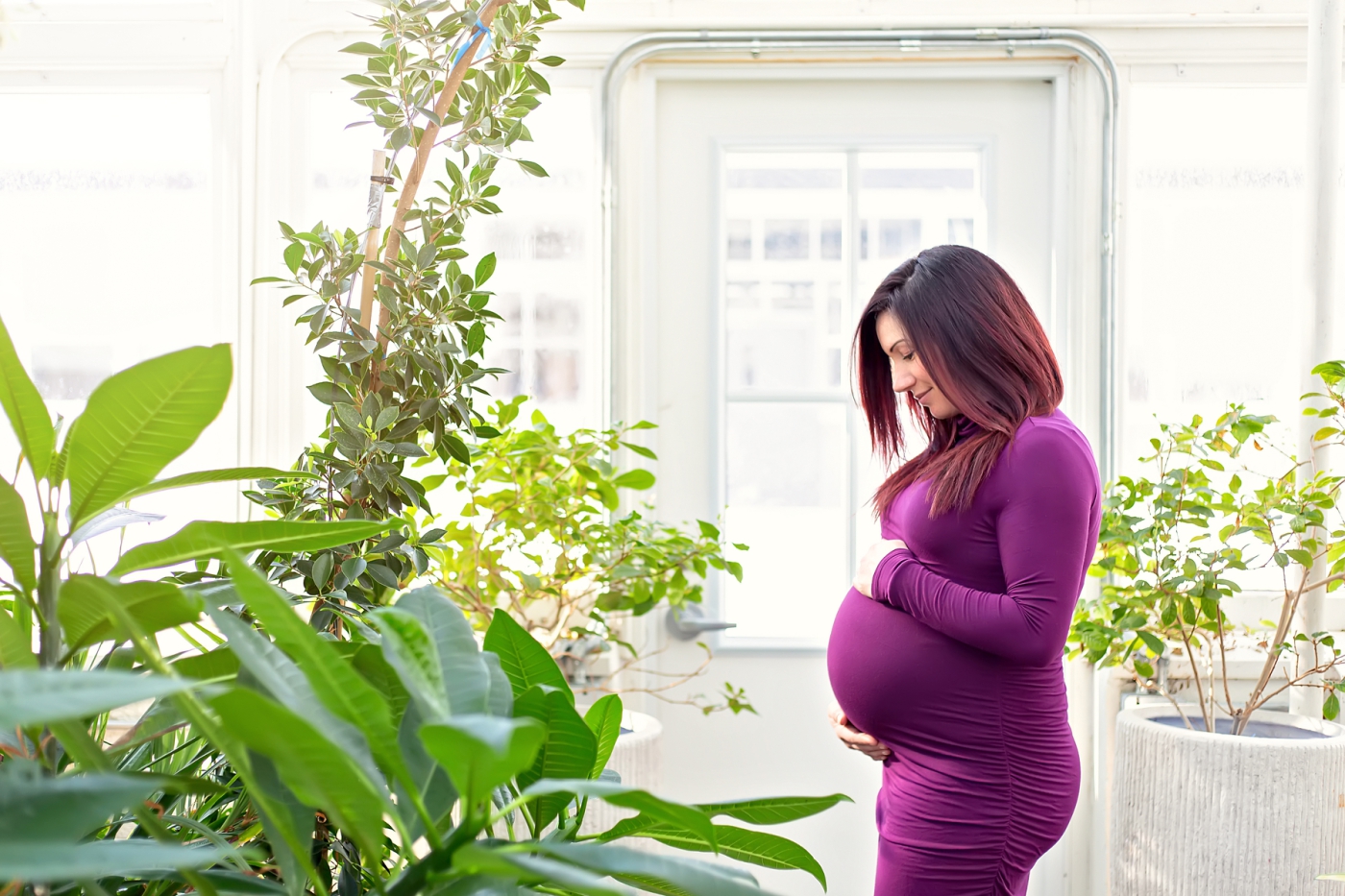
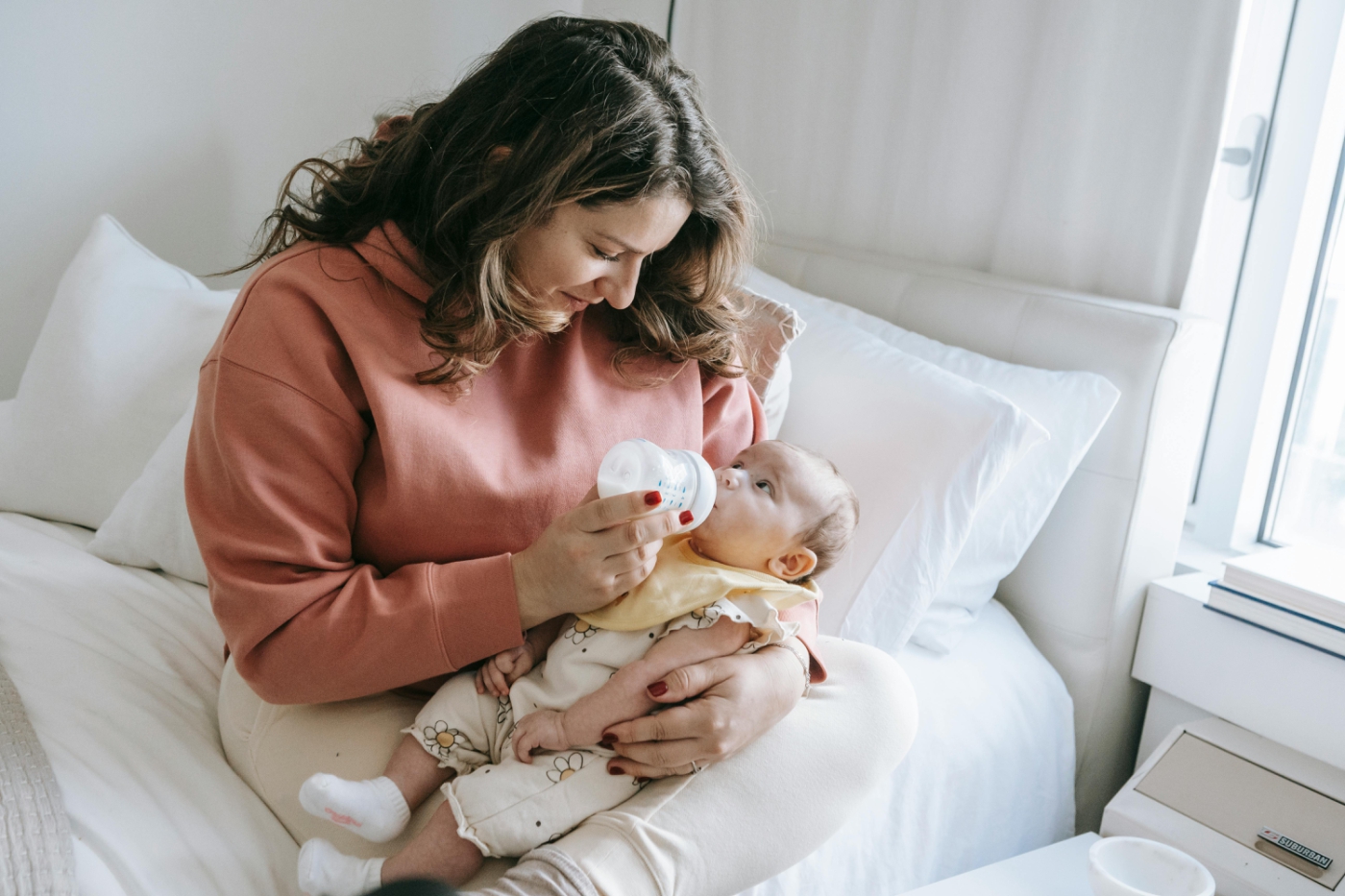
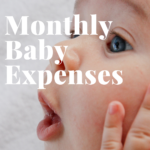
3 Comments